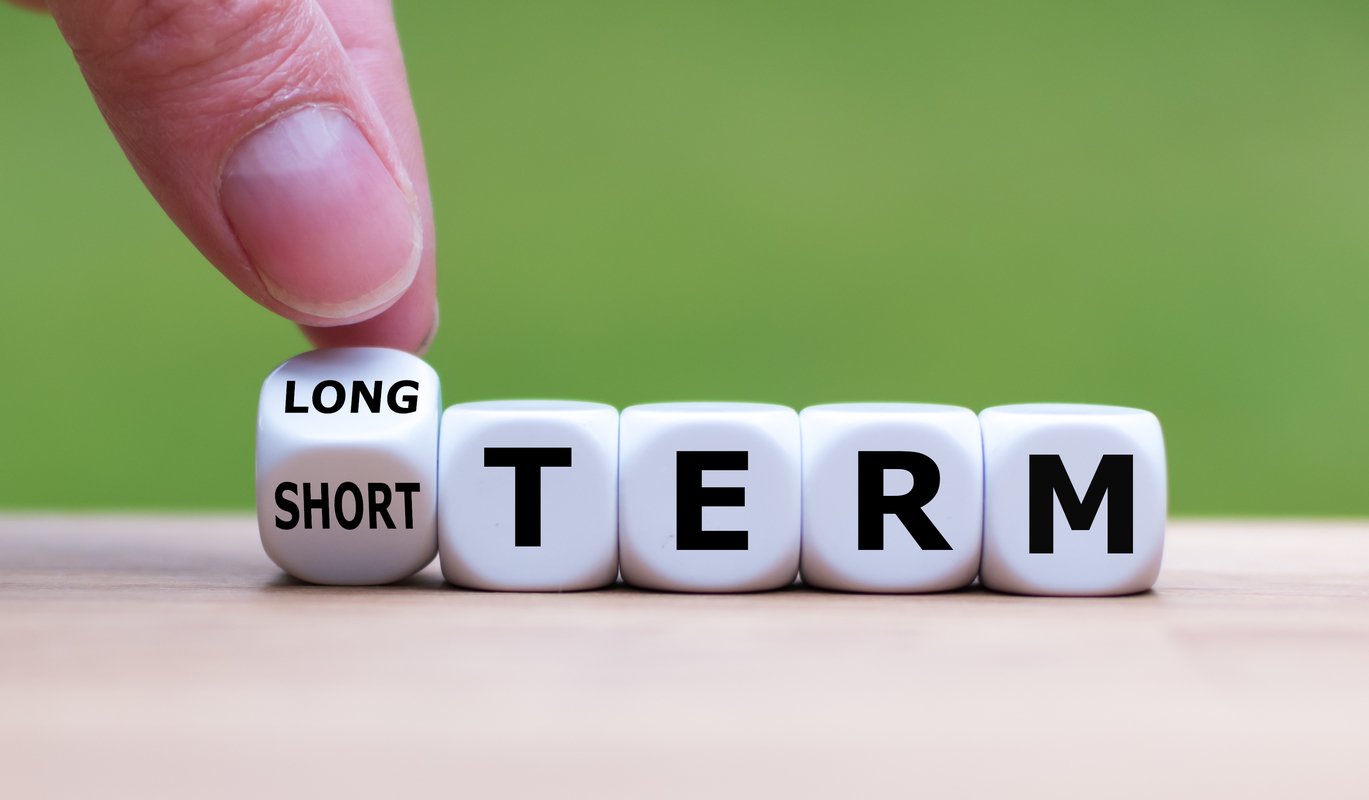Last week was strong for shares in Bristol-Myers Squibb (NYSE: BMY), which rallied 3% while the S&P 500 was up less than 1%. Here's why that is and also why Bristol-Myers Squibb may have a strong 2014.
Great News
Bristol-Myers Squibb released a very positive (and long-awaited) piece of news flow last week. It announced at the Cowen health-care conference in Boston that a Phase 3 study of a combination of Yervoy and immunotherapy treatment, nivolumab, will commence before the end of 2014.
This is great news for Bristol-Myers Squibb because pressure had been mounting on the company to state when it would progress to a Phase 3 trial with the drug. The company had seemed slow (in the eyes of many investors) to progress from a Phase 2 trial, even though the trial had been a success.
Encouraging results
While the company has seemed happy for the drug to hover in its Phase 2 trial, a scientific research team from Dana-Farber Cancer Institute and Johns Hopkins put together statistics regarding patients with melanoma who have taken nivolumab.
The results were impressive and showed that 62% of patients taking the drug were alive after one year, while 43% were alive after two years. In addition, the durable response was also reflected in patients who had ceased taking the drug. The results compared impressively with the average life expectancy of the advanced melanoma patients in the Phase 1 trial, who were all expected to live for one year and highlighted the potential benefits that nivolumab could deliver.
Positive Impact
As mentioned, the news to initiate a Phase 3 trial had a positive impact on Bristol-Myers Squibb's share price, although it has settled down somewhat after making gains of 5% following the release. Shares reacted so positively because there had been concern that Bristol-Myers Squibb was losing ground to sector peer Merck, which is developing a competing drug to nivolumab called MK-3475. It ratcheted up the pressure on Bristol-Myers Squibb by stating that it plans to finish a rolling submission to the FDA by the end of June 2014. It also stated that it will increase its in-house focus on the drug and has announced the initiation of a Phase 1 study in 20 new cancer types.
The threat from a partnership
Merck announced in January a deal to partner with Pfizer, Amgen (AMGN +0.30%), and Incyte on the drug. The companies will test it in combination with other treatments: For example, Amgen will test how it works alongside talimogene laherparepvec, which is an engineered cold virus previously touted as a strong potential cancer drug.
The deal has been a main reason for the strong performance of shares in Merck and Amgen in 2014, with both companies ahead of Bristol-Myers Squibb and the S&P 500 year to date. While the deal looks set to be a potential catalyst throughout 2014 for both stocks, there is also promise elsewhere, with Amgen having multiple projected milestones for its late-stage pipeline in 2014. For instance, a U.S. filing for chronic heart failure drug ivabradine is expected over the next few months.
Relief, but not the end of a rally?
So, something akin to a relief rally for shares in Bristol-Myers Squibb last week. Investors had been concerned about the sluggish pace shown by the company with regards to progressing nivolumab to a Phase 3 trial, with Merck seemingly making faster progress with its MK-3475 competitor. But the announcement that Bristol-Myers Squibb will push ahead with a Phase 3 trial this year has improved market sentiment quite significantly.
Indeed, Bristol-Myers Squibb's share price could continue to make gains throughout the year, with nivolumab being a potential catalyst. While investors may now be relieved, this may not yet be the end of the rally.







